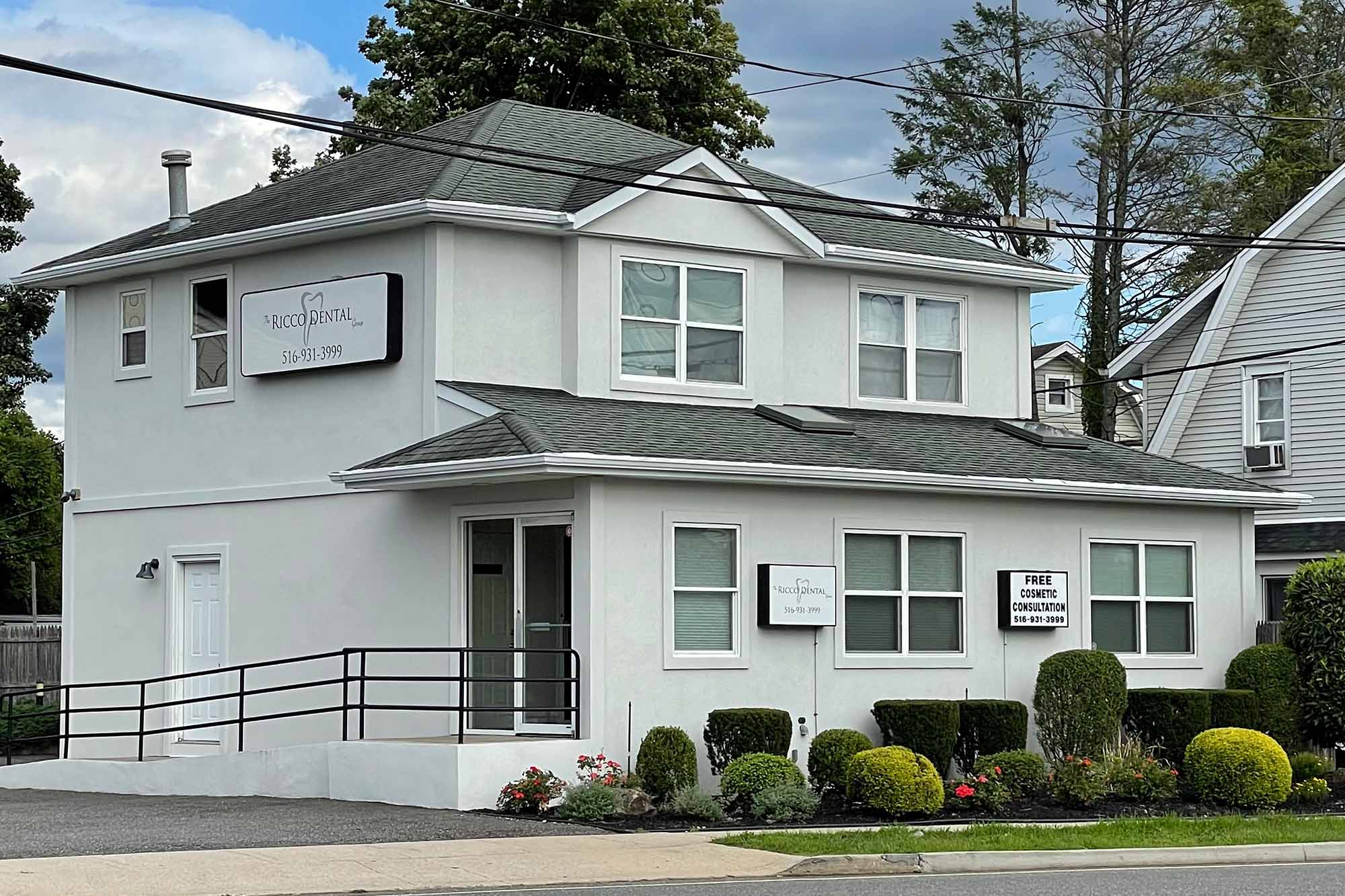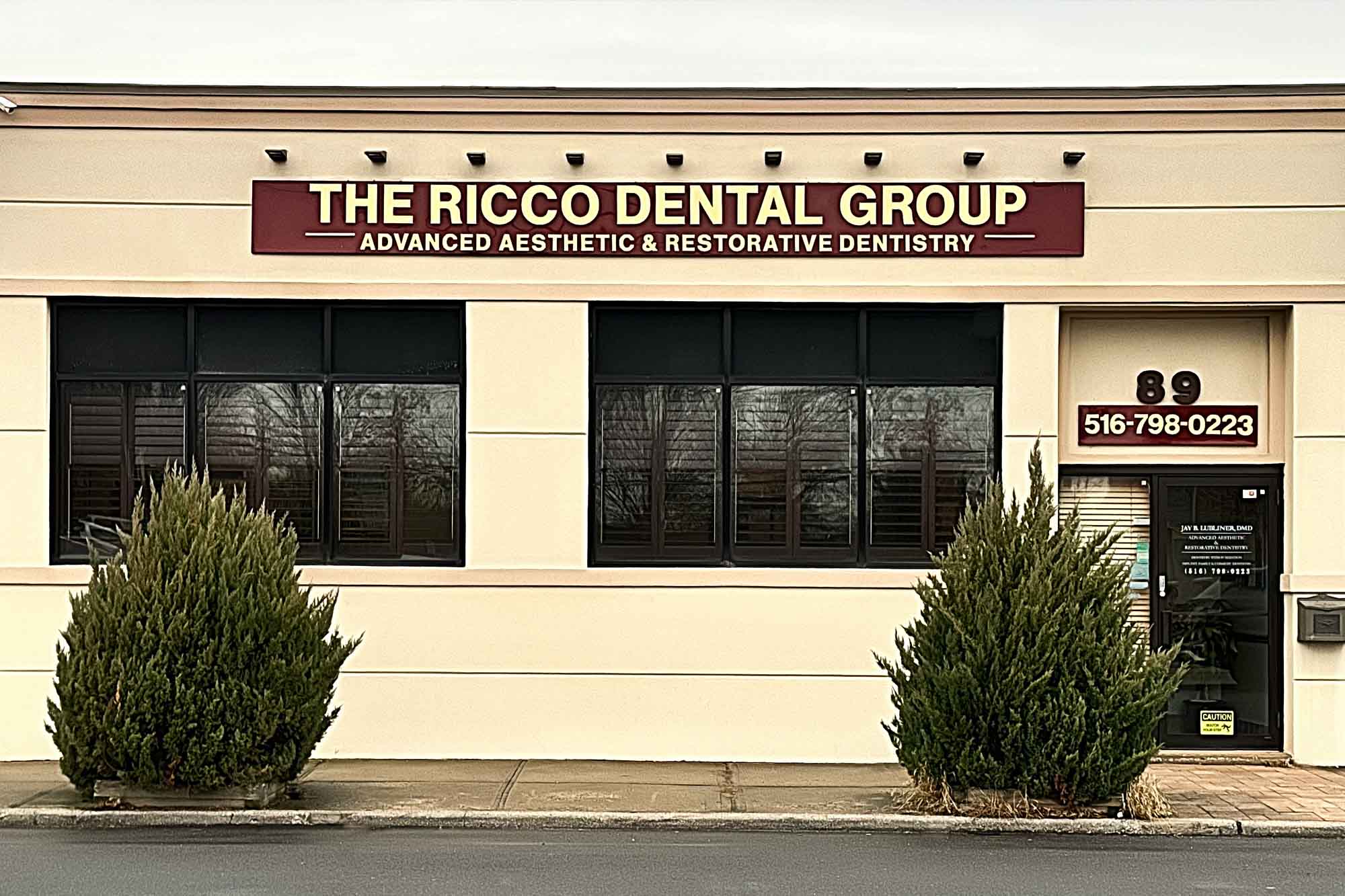How Long Does a Root Canal Last?

Root canals are beneficial procedures that relieve pain, eliminate infection, and increase the chance of saving natural teeth.
Many patients may be concerned about how long their root canal will last. Fortunately, the majority of root canals last about 20 years or more. A dentist can repeat a root canal if the patient's tooth requires it due to contamination or a new infection.
About Root Canals
A root canal is the most common endodontic procedure. The pulp chamber is exposed when decay or breakage compromises a tooth's structure. Bacteria and other contaminants can enter the tooth, causing an interior infection. The nerves inside the tooth may die. If a patient does not receive a prompt root canal, the infection could affect other teeth and cause systemic illness.
The Root Canal Procedure
Some patients feel concerned about receiving a root canal. However, dentists reassure them that the procedure is no more complicated than a filling.
Step 1: Anesthesia
You will receive routine local anesthesia to keep you comfortable during the procedure. If necessary, you may also opt for light sedation. We offer conscious oral sedation for patients who feel anxious or would rather relax during dental procedures.
Step 2: Opening and Cleaning the Tooth's Interior
The dentist makes a small opening in the tooth's crown. Then, they clean the pulp chamber and root canals, removing all traces of infected or inflamed material. If the infection is severe, antibiotics may be required at this stage.
Step 3: Sealing the Interior
When a tooth is clean and sanitized, the dentist fills it with a biocompatible gutta-percha material. This filling material seals out saliva, food, and contaminants and allows the tooth to heal inside. You will receive a filling or temporary crown to protect the tooth.
Step 4: Restoration
After the tooth heals for a few weeks, your dentist will place a permanent crown, which will restore your tooth's natural function and protect it for decades. Root canals with crowns last considerably longer than fillings, with a lower chance of needing retreatment.
Factors Affecting the Longevity of Root Canal-Treated Teeth
While some root canals last for many years, others may experience problems. Root canals that receive permanent fillings instead of crowns may experience more problems. Patients can take the following actions to prolong the life of their root canals:
- Receive regular dental check-ups to ensure the health of your crown
- Maintain excellent oral hygiene to minimize your risk of repeat infections, including brushing and flossing
- Avoid chewing hard or sticky food on the treated tooth
- Ask about a custom mouthguard if you grind your teeth at night
- If you notice trouble signs, call your dentist immediately
Frequently Asked Questions About Root Canals
What are the symptoms that indicate I may need a root canal?
Call your dentist immediately if you have one or more of these symptoms. The longer you wait to receive root canal treatment, the more likely you will experience complications.
Symptoms may include:
- Tooth pain that does not go away, or goes away briefly then returns worse than before
- Pain that spreads to the jaw or other teeth
- Tooth pain that worsens when you chew or bite down
- Extreme sensitivity to heat, cold, or sweets, especially if the sensitivity persists after removing the food or beverage
- Swollen gums
- Pimples on the gums
- Swollen jaw
- Gray or black tooth discoloration
- Fever or chills
What happens if a tooth that once had a root canal begins to hurt again?
Most root canals last for many years, but complications may arise. If you experience discomfort in a tooth that received root canal treatment in the past, you may need root canal retreatment.
Reasons for repeat root canals include a delay in crown placement, complex canal anatomy, new tooth damage, contamination by food or saliva, and faulty restoration. Visiting a dentist with little experience in root canal treatment may also result in a failed procedure.
Contact The Ricco Dental Group
Root canals are safe, comfortable procedures that significantly improve your health and could save your natural tooth.
Don't put off receiving necessary care if you need a root canal. Please contact us at our convenient Long Island offices to schedule your appointment today. We are ready to help relieve discomfort and restore your tooth's natural function.




